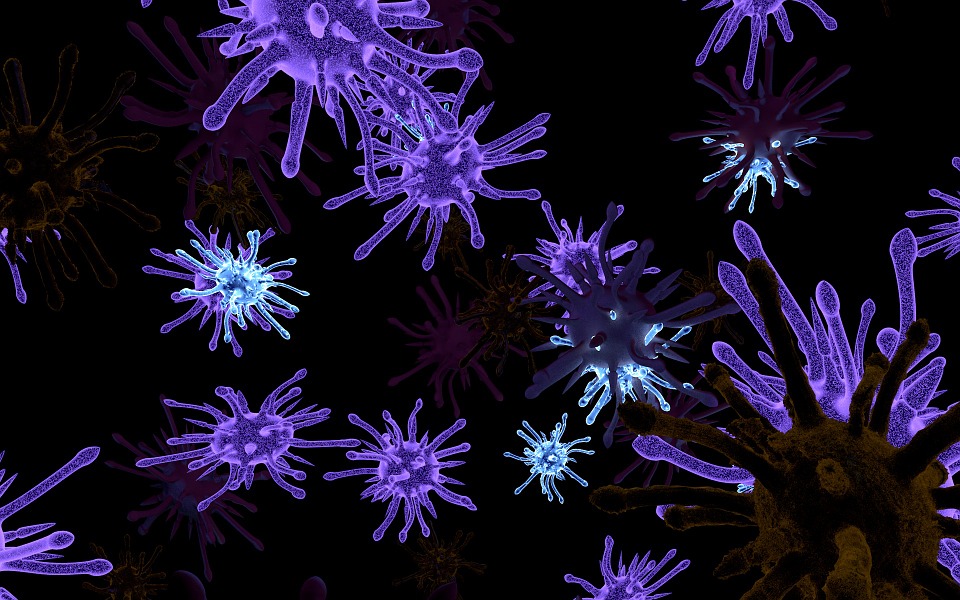Vector-borne diseases account for over 700,000 global deaths annually and 17% of all infectious diseases. Mosquitoes are responsible for the transmission of viral infections, including flaviviruses such as Zika and dengue. Zika virus infection normally develop mild or no symptoms, but can cause severe birth defects in infants born to women infected while pregnant. The virus was brought to global attention during a major outbreak in 2015–2016 centered in Central and South America. Currently, there are no approved Zika vaccine products on the market. Although significant research and development resources were focused on developing a Zika vaccine following the epidemic, most products still remain in preclinical or early-clinical development stages.*
The technology developed by scientists from University of Gdańsk is based on recombinant flaviviral protein antigens, which can be used as vaccine preparations against the Zika virus as well as elements of diagnostic tests.
Recombinant flaviviral protein antigens are based on
a combination of different regions of flaviviral structural proteins (Zika virus, tick-borne encephalitis virus). This combination allows for efficient production of proteins in different gene expression systems in cells and also contributes to the formation of virus-like particles (VLPs) which possess certain conformational epitopes on their surface. The application of this composition as a flavivirus vaccine against Zika virus contribute to a virus neutralising immune response of the organism.
The presented technology is based on the purification methods of developed antigens from eukaryotic cells on a laboratory scale and can be used for purification of antigens on a semi-industrial scale.
The technology and research offered by UG scientists have been valued within the „L’Oréal-UNESCO for Women and Science” programme.

